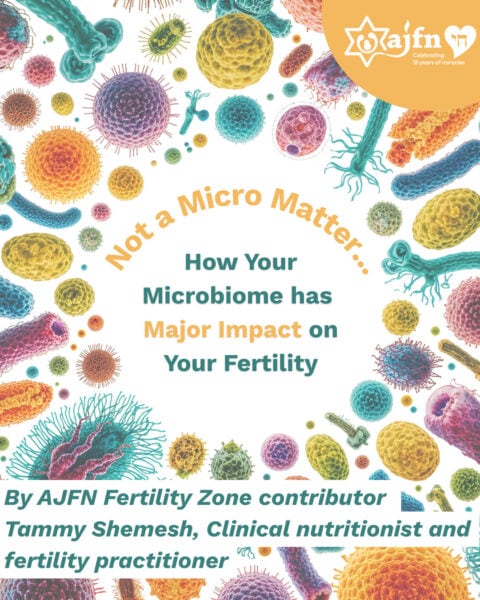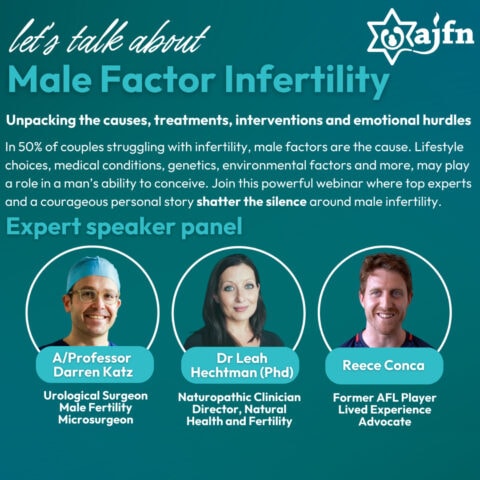What is endometriosis?
Endometriosis is a medical condition where tissue similar to the lining inside the uterus, called the endometrium, grows outside the uterus. This can cause pain, inflammation, and scar tissue.
What are the common symptoms of endometriosis?
Common symptoms include:
- Painful periods (dysmenorrhea)
- Pain during intercourse
- Pain with bowel movements or urination
- Excessive bleeding during periods
- Infertility
- Fatigue, diarrhea, constipation, bloating, and nausea, especially during menstrual periods
How is endometriosis diagnosed?
Endometriosis is assessed initially by medical history and physical examination, and often imaging tests like ultrasound or MRI, and these can be helpful in giving a presumed diagnosis of endometriosis. Formal diagnosis, however, requires laparoscopy – a minimally invasive surgery that allows doctors to see inside the abdomen and take tissue samples.
What treatment options are available for endometriosis?
Treatment options include:
- Pain medications – paracetamol, anti-inflammatories e.g. ibuprofen, naproxen
- Hormonal therapies (mostly birth control pills or hormonal IUD)
- Surgery to remove endometrial tissue
- Lifestyle changes including diet and regular exercise and alternative therapies e.g. acupuncture and mindfulness exercises may assist in controlling symptoms (but scientific evidence is poor)
Unfortunately, endometriosis often recurs in time following surgery, and symptoms may return following cessation of medical treatments.
Can endometriosis affect fertility?
Yes, endometriosis can affect fertility by two main mechanisms – by causing scarring and blockage of the fallopian tubes (preventing egg and sperm from meeting) and also by having a negative impact on egg quality via inflammatory mechanisms. Additionally, the related condition of adenomyosis can impair the chance of successful embryo implantation in the uterus.
Are there specific considerations for endometriosis during pregnancy?
While classically endometriosis tends to improve during pregnancy and many women report improved symptoms, many continue to suffer significant pain. There is also some evidence that endometriosis is associated with increased risk for pregnancy complications, such as preterm birth, gestational diabetes, high blood pressure (pre-eclampsia) and foetal growth restriction.
What are the risks of leaving endometriosis untreated?
Untreated endometriosis can lead to chronic pain, infertility, and the formation of scar tissue. It can also affect the quality of life and mental health.
What role do genetics play in endometriosis?
Women with a family history of endometriosis are at a higher risk of developing the condition. While this may indicate genetic contributors to the development of endometriosis, it could also reflect common diet and lifestyle factors within families.
How does endometriosis impact daily life? How do I handle work and career challenges with endometriosis?
Endometriosis can cause chronic pain and fatigue, affecting daily activities and work. Managing this involves pain management strategies, open communication with employers, and sometimes modifying work duties or schedules. Support groups can assist in providing access to resources and support.
Is surgery always necessary for treating endometriosis?
No, surgery is not always necessary. Many women manage symptoms with medications and lifestyle changes. Surgery is usually considered when other treatments are not effective for symptom control. The role of surgery for fertility is still debated – while there is some evidence that it may improve the chance of spontaneous pregnancy for a period following the surgery, there is currently no evidence that it improves IVF outcomes. Additionally, there is the risk of damaging the ovaries, fallopian tubes or other organs during the operation, so the general approach is not to perform surgery primarily for fertility purposes, but rather to attempt IVF – however this must, of course, be discussed with your fertility specialist.
Are there any dietary recommendations for managing endometriosis?
Given that endometriosis is, at least in part, an inflammatory condition, some believe that an anti-inflammatory diet may help reduce symptoms. Opinions differ regarding specific details, and of course one should consult with a nutrition professional for individualised advice, but in general a diet which preferences wholefoods – fruits, vegetables, quality protein sources, and minimal processed foods; some also advise avoiding gluten and dairy.





